The Indian Army is embarking on a transformative journey to modernise its operational framework by integrating domain expertise and leveraging cutting-edge technologies. With a focus on building a technology-driven, battle-ready force, this initiative introduces specialist recruitment in fields such as cybersecurity, linguistics, and information warfare. Alongside regular recruitment, the Army plans to utilise the Territorial Army and an innovative internship programme to cultivate expertise in emerging technologies. This transformation is informed by lessons from recent global conflicts and marks a decisive shift in India’s military strategy toward non-kinetic, tech-centric warfare.
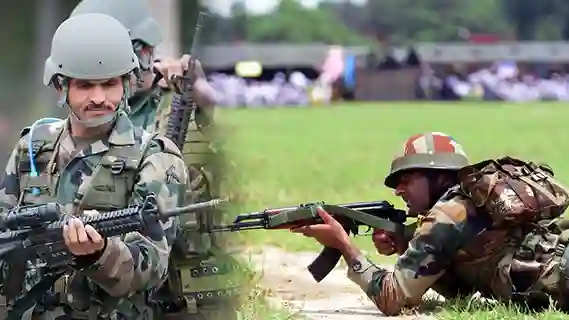
The Recruitment Plan
The Indian Army has unveiled plans to recruit domain specialists into its regular cadre, aiming to build a technologically proficient and combat-ready force. Announced by the Deputy Chief of Army Staff, Lieutenant General Rakesh Kapoor, on November 22, 2024, this marks a transformative move to modernise the Army in line with global military trends. Highlighting the initiative, Lieutenant General Kapoor stated that the Army is closely analysing recent global conflicts to refine its structure, strategies, and operations for contemporary warfare demands. This adaptation is supposed to happen in three ways:
Regular Recruitment
The Army’s transformation strategy involves recruiting experts in key fields such as information warfare, cybersecurity, linguistics, and IT at both officer and NCO levels. Following a successful pilot project, the initial phase will include 17 specialized positions, with five dedicated to strategic linguistic experts. Strategic languages refer to those languages that are important to a country from the strategic perspective – the highest level of national security and foreign policy. In the Indian context this includes: Chinese, Tibetan, Arabic, Persian, Urdu, Russian, French, German, Bahasa Indonesia, Nepali, Bodo, Bhutanese etc. People who have formal education in these languages have long been recruited by the Intelligence Bureau and the Research and Analysis Wing. This is the first time that the military – the Indian Army specifically has done this kind of recruitment.
While troops will be enlisted at the graduate level, officers will be recruited at the postgraduate level. Advertisements for the new entrants are anticipated to be posted shortly, and the selection procedure will involve Service Selection Board (SSB) interviews. To maintain gender parity in the military, these experts will be inducted for both men and women. Additionally, Lt. Gen. Kapoor stated: “We will be hiring domain experts and reorienting and restructuring the organisation to move forward with time.” The advertisement is anticipated to be released in a month, and the first group may be hired by mid-2025. Medical parameters may remain the same as is for other entries – but some relaxation should be offered here since many subject experts may not necessarily match the military medical standards. It has been a long held opinion in India that medical relaxation be given to such ‘nerd people’ who spend most of their time improving their subject knowledge and do not invest as much into physical fitness.
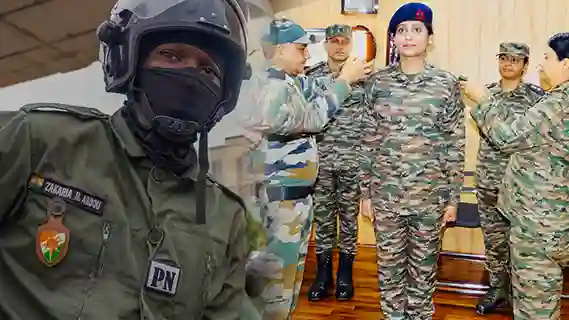
Territorial Army Recruitment:
The Territorial Army (TA) has already started inducting domain experts. The specific job role and vacancy specifics are being worked out. “The plan is to induct specialists/ domain experts to work in the niche areas like cyber security, perception management, linguists etc and the advertisements with details will be out by next year.” he stated in a media interview. First, the ad for the eligible youngsters to enlist in the Territorial Army is anticipated to be released in a month. The National Defence Academy (NDA) and the Combined Defence Services (CDS) exam are the standard admittance methods. First, it will be done in modest quantities.
As defined by the army, the Territorial Army (TA) is a component of the Regular Army. Its current responsibilities include relieving the Regular Army of static tasks, supporting Civil Administration in handling natural disasters, maintaining vital services when community life or national security is at risk, and supplying regular Army units as needed. Five Chinese (Mandarin) language specialists have already been inducted by TA, and twelve more have been inducted through other channels. The candidates will be admitted as officers and men as part of the broader plan, and they will work in specialised fields with the chance to advance to higher positions in the same role.
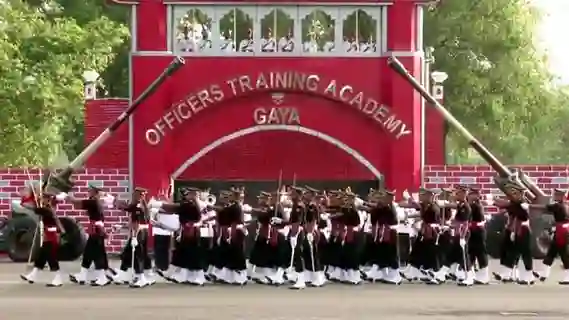
Internship Programme of Indian Army
The Indian Army is starting an internship programme to encourage young, tech-savvy people to investigate how new technology may be incorporated into military operations as it advances its modernisation objectives. This programme is a component of the Army’s larger endeavour to remain on the cutting edge of worldwide technological developments, especially in fields like information technology (IT), cyber security, and digital warfare. The Army is committed to training the next generation to take the lead in this changing environment as combat increasingly shifts to non-kinetic tactics.
According to Lt. Gen. Rakesh Kapoor, the Indian Army is now hiring interns in addition to domain experts, giving them the opportunity to work closely with state-of-the-art military technology. Through this programme, university students and young professionals are invited to collaborate with the Army’s numerous technology departments, including as its innovation cells, AI research units, and cyber security teams. Additionally, it gives interns the chance to work on projects pertaining to the Centre for Land Warfare Studies and the Army’s UN Peacekeeping Programme.
This programme aims to stimulate interest in jobs in defence technology while also exposing young people to military operations. Key technology domains like artificial intelligence (AI), cyber security, 5G, blockchain, robots, and other cutting-edge sectors will be explored by interns. By giving students the chance to work on some of the Army’s most cutting-edge projects, the aim is to develop the next generation of defence technology leaders.
Transforming The Indian Army
According to Lieutenant General Kapoor, military strategy and technology have a mutually beneficial relationship. “These initiatives are aimed at transforming the Indian Army into a niche, technology-driven force capable of meeting evolving security challenges,” he stated. By taking these proactive steps, the Indian Army is not only becoming ready for upcoming conflicts but also laying the groundwork for its future as a world leader in defence innovation. It is anticipated that the advertisement for the same will be released the following year. The Indian Army, which strictly adheres to tenure-based assignment, is going through a significant organizational, structural, training, and induction change. This will enable the professionals to remain in their posting location for an extended period of time without having their promotion impacted. “Mechanism is being worked out so that they occupy these billets,” stated Gen. Kapoor.
As part of its broader structural reforms, the Indian Army is also establishing branches with officers in charge of collaborating with academic institutions, the Indian Institutes of Technology (IITs), other engineering colleges, the Indian Institute of Science (IISc), and others to work toward technological innovation. Lieutenant General Kapoor emphasised the importance of technology, stating that the Indian Army’s ‘Years of Technology Absorption’ will be 2024–2025, as announced by the Defence Ministry. To spearhead this vision, the Army is working on 16 technology clusters, focusing on cutting-edge advancements such as:
- Cybersecurity and Quantum Computing
- 5G/6G Networks and IoT
- Artificial Intelligence, Machine Learning, and Deep Learning
- Directed Energy Weapons and Robotics
- RPA (Remotely Piloted Aircraft), Counter-UAS, and Loitering Munitions
- Blockchain Technology and 3D Printing
Under a schedule, the Indian Army established 16 technological clusters led by senior officers. “We have officers driving these clusters with their regular progress report going upto the Army Chief,” stated DCOAS Kapoor. There are short-term roadmaps that analyse progress every six months, as well as some that span up to three years. The Deputy Chief also discussed supply chain concerns and the constraints on obtaining specialised technologies that other nations will not share. The nature of battle is being altered by modern technology, many of which are accessible in our nation.
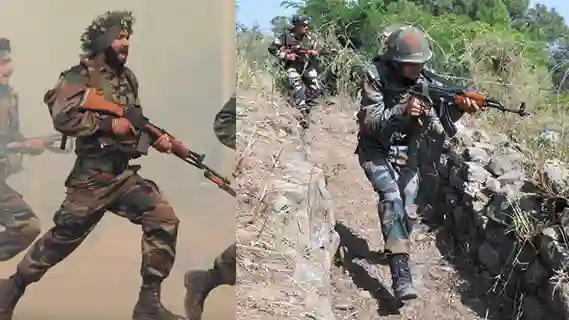
The Rationale Behind Transformation of the Indian Army
During the Galwan Valley clashes, the Indian Army was found lacking on many counts. While the human bravery and spirit is undoubtable it was the other things that we lacked: reconnaissance, image intelligence, lack of Chinese language awareness among soldiers and officers etc. After the incident serious brainstorming at the level of the MoD and the NSCS led to new ideas being incorporated in the national security system. During the four-year-long standoff with China along the Line of Actual Control, the Army procured certain equipment on an urgent basis. However, the current focus has shifted towards moving beyond these emergency acquisitions to fostering indigenous development of advanced technologies. Military sources emphasise that two key takeaways from the Russia-Ukraine and Israel-Hamas conflicts are the importance of adopting niche technologies and establishing a robust domestic supply chain for them. India has been watching these two conflicts apart from whatever happened in Armenia-Azerbaijan. It was realised that we need to catch up on non-combat, non-kinetic warfare etc. and thus came the push to adapt to the new realities. The Israeli pager episode also seems to have fired up some thinking regarding the weaponisation of technology in future warfare.
The Indian Army’s initiative to recruit tech specialists and young interns aligns with practices observed in advanced militaries globally. For instance, the U.S. Department of Defence, through initiatives like the Defence Innovation Unit (DIU), has emphasized integrating civilian expertise in areas such as cybersecurity and AI. Similarly, Israel, a leader in cyber defence, consistently brings in digital warfare experts to maintain its technological superiority. By engaging with the tech community and nurturing young talent, the Indian Army is positioning itself to tackle the complexities of future warfare. This programme also provides participants with a unique chance to explore the intersection of technology and defence, equipping them for pivotal roles in shaping the Army’s future.
India’s military and policy makers have finally realised that national security is everybody’s business – it is not restricted to the military and/or intelligence agencies. Another major self realisation has been that the required talent and technology for modern-day national security is not always available within the government – and thus the openness to welcome others – subject experts, startups, private companies etc. Otherwise never before in India, has any government agency shown the willingness to welcome ‘outsiders’ and serve ‘inside the system’. This is a good sign of many egos melting away – since it is not easy to carry out such reforms due to prevalent vested interests. While radical transformation in the military hierarchy is neither possible nor desirable, such new recruitment policies need to be gradually scaled up in a sustained fashion. It must also be realised that this will increase the concerns of privacy and security for the organisation and hence robust counter-intelligence and other mechanisms need to be put in place. Nevertheless, lateral entry recruitment in national security and hiring of subject experts from the open market is an idea who’s time has come, and from here onwards the march will always be in the forward direction. Indians have been good at coming up with such new ideas and concepts – what matters now is proper implementation, feedback, review and impact assessment.
Conclusion
The Indian Army’s recruitment reforms signify a paradigm shift in India’s approach to national security. By inducting domain experts, fostering technological innovation, and collaborating with academia and industry, the Army is positioning itself to meet the complexities of modern warfare. While challenges like supply chain limitations and privacy concerns persist, these initiatives demonstrate a forward-looking strategy aimed at self-reliance and global competitiveness. The success of this transformation hinges on robust implementation, sustained evaluation, and the integration of these efforts into India’s broader security framework. This marks a pivotal step in reshaping the Indian military for the 21st century.
Author bio:
Rahul Wankhede is a PhD candidate at the Special Centre for National Security Studies, Jawaharlal Nehru University, New Delhi. His areas of interest are defence modernisation, defence diplomacy, and military history.
Read More

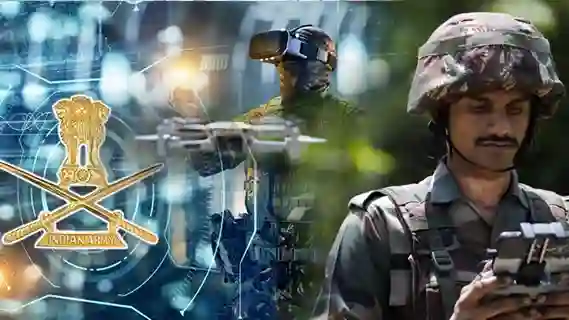
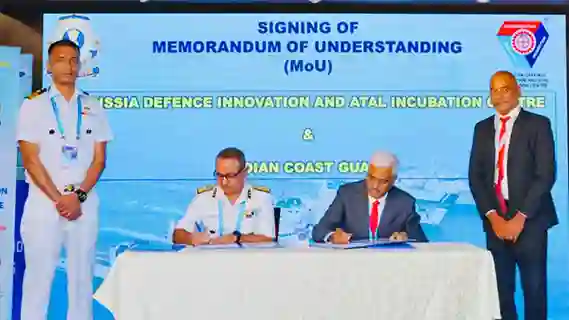
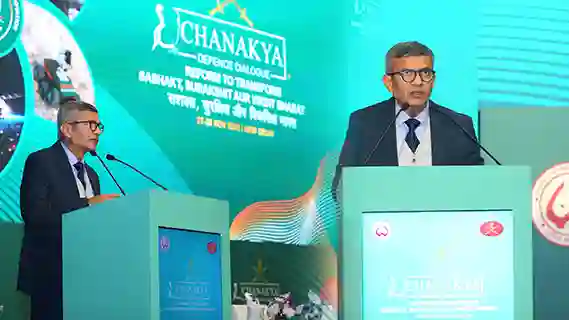
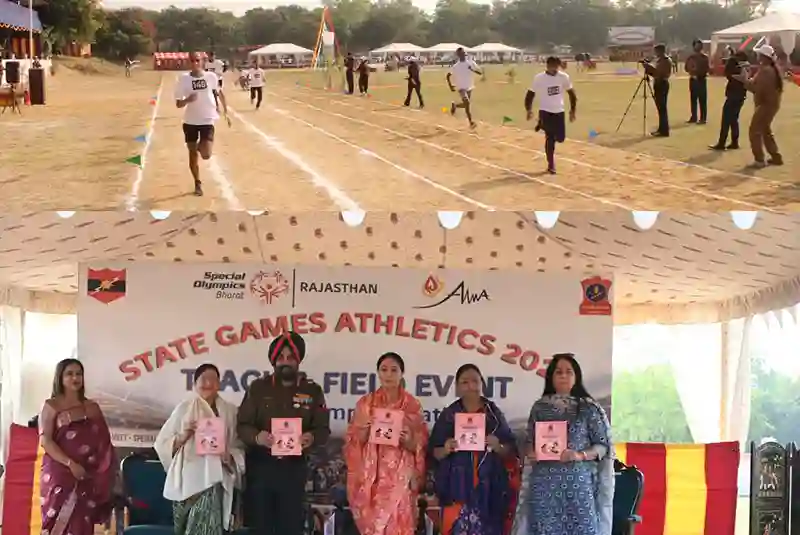
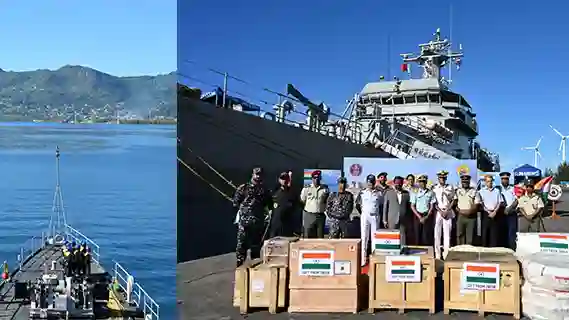
This Post Has One Comment
Pingback: INDIAN ARMY LAUNCHES EKLAVYA ONLINE DIGITAL PLATFORM FOR OFFICERS’ TRAINING